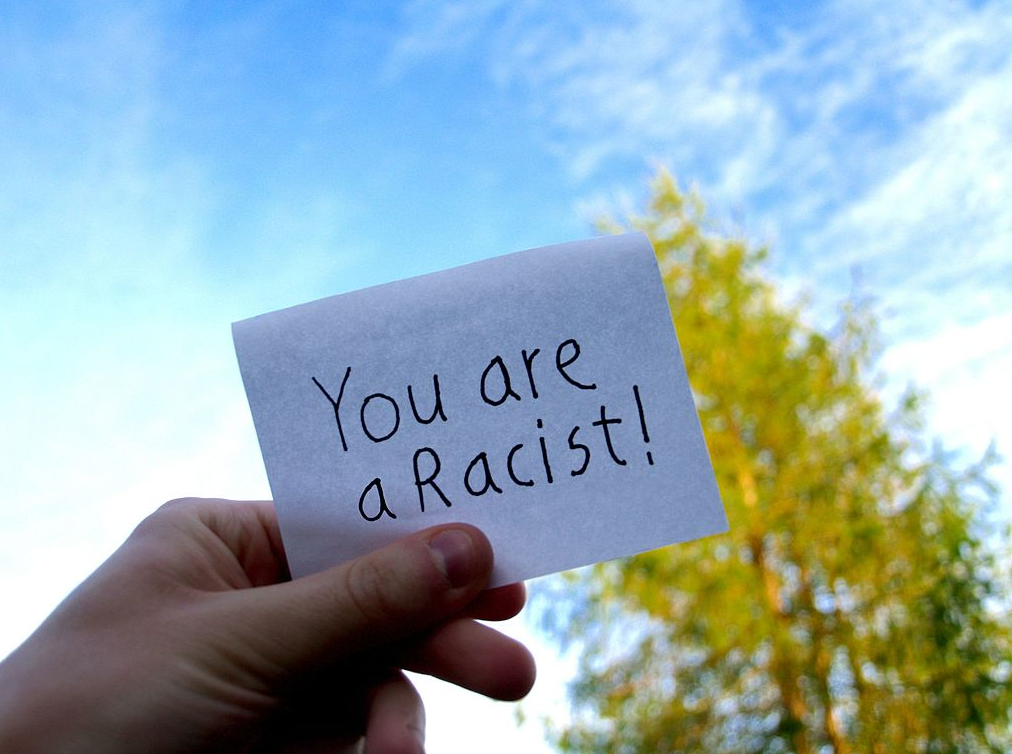The Supreme Court of the United States will soon announce whether Alabama’s congressional district lines are racist. If redrawing is required, it will be because SCOTUS feels that racial preferences should have been considered more fully. If redrawing is not required, it will be because the Court feels that racial preferences were given enough consideration, which the opposition will take to mean that racism has won.
Hmmm … it sounds like we’re racist if we do and racist if we don’t.
Does racism still exist? The simple answer is “yes.” Anyone even remotely open-minded must concede that man’s inhumanity to man is still very evident and that racism is a part of that inhumane way of thinking.
BUT … I do not cotton to the notion that there is a racist under every rock. While there may be no way to legislate the purification of all thoughts and motives, I believe that the laws of our state and nation have made us the harbinger of freedom in the world.
Regarding Alabama’s congressional district lines, the issue is whether the lines recently drawn by the Alabama Legislature violated the Voting Rights Act of 1965. In 2013, the Supreme Court released Alabama from Justice Department pre-approval on election law changes. Since 1992, Alabama has had seven congressional districts upheld as meeting legal requirements, resulting in six majority-white districts and one majority-black district using demographics based on geographic location. As the population shifted, the argument was made that the issue is less about where folks live and more about percentages of the population. Has the law changed?
The legislature, with hardly any changes, drew the current lines using 2020 census data much the same as before using “race-neutral criteria.” The plaintiffs have argued that race should have been considered based not on geography, but on percentage of the state population, which they argue would create potential for two majority-black congressional districts. The state has countered that traditional redistricting principles would then have to yield solely to questions of race.
I thought that race should not be considered?! No, no, no, you silly racist, you failed to consider race, which was racist. What you should have done was consider race, then you might not have been racist.
So if race is the deciding factor, then we’re good? Sure, well, maybe, at least until the next time we need to cry racism.
In the totality of our national circumstances, no state has come further than Alabama. The same state that served as the first capital of the Confederacy, where George Wallace stood in the schoolhouse door, and where churches were bombed, is also the seat of the modern civil rights movement and the home of great men and women of color like Condoleezza Rice, Martin Luther King, Jr., Mae Jemison, and Booker T. Washington, among others.
Do we still have the specter of racism in our world? Yes. But are we systemically racist? No.
Is there a claim for racism at every turn? No. Aren’t the laws of our nation now in defiance of racism? Yes.
But there are those who want to continue to play the race card as a bludgeon, determined that no matter what we do we will be racist if we do, and racist if we don’t.
Recently, one of the more egregious examples of someone working hard to promote the narrative that there is no hope occurred at the City University of New York Law School commencement ceremony. One student was tapped to give an address. She then used everyone’s special day to announce that the very laws she had just spent years learning are racist, fascist, oppressive, and nothing more than a “manifestation of white supremacy.” As she addressed the deans, professors, and graduates of her law school, she further opined that enforcement of criminal laws is racist, and therefore we must not enforce the laws as to some people.
Racist if we do, racist if we don’t.
Thankfully she received bipartisan rebuke. But it bears repeating that this young lady is preparing to embark on a career in law with the sense that the laws of the land are racist.
I don’t believe that for a minute because I’ve seen Alabama change in my lifetime.
My wife and I recently watched an amazing movie called “Woodlawn,” produced by Alabama’s own Erwin Brothers. It is the true story of the forced integration of Woodlawn High School in Birmingham in the early ’70s and the upheaval caused by the spillover of social unrest into the student body. There were fights, demonstrations, and threats by the school board to “shut it all down” because of the sense that nothing could bring kids together or overcome the years of racial divide.
But one man felt called to minister to the newly integrated football team: former State Sen. Hank Erwin. He saw past the lie and brought a message of hope.
It became the Cinderella story of the decade as a group of kids, black and white, saw past their skin color, in defiance of parents and classmates, and bonded like a family. They practiced together, they played together, and most importantly they prayed together, willing to believe that with God all things are possible. They had a radical impact on their community, and it happened at the height of racial tensions in a city that had seen multiple bombings and riots.
Alabama’s history shows us that with God anything is possible.
“Racist if you do, racist if you don’t” is a lie.
To contact Phil or request him for a speaking engagement, go to www.rightsideradio.org. The views and opinions expressed here are those of the author and do not necessarily reflect the policy or position of 1819 News. To comment, please send an email with your name and contact information to Commentary@1819News.com.
Don't miss out! Subscribe to our newsletter and get our top stories every weekday morning.










